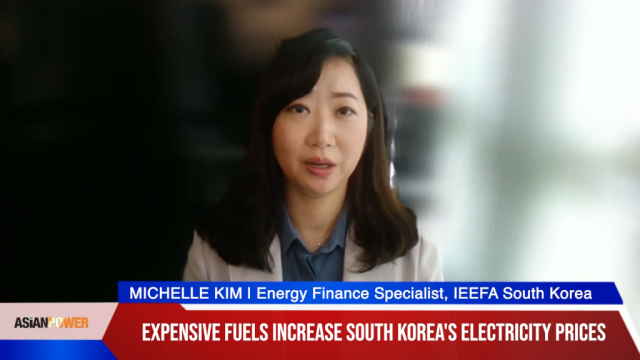
Malaysia's renewables capacity to balloon by 150% in the next decade
Growth is eyed mostly in solar and biomass.
Malaysia will emerge as an outperformer in the Asian renewables industry, in terms of the market's attractiveness for investment. While the scale of Malaysia's renewables sector remains limited compared to regional counterparts, the country's supportive regulatory environment for renewables and stable economic and political environment translates into an attractive destination for renewables investment, according to BMI Research.
Malaysia's renewables industry will become increasingly attractive for investors in the Asia region and we expect robust growth in non-hydro renewables capacity over BMI's 10-year forecast period to 2026.
Here's more from BMI Research:
We forecast total non-hydro renewables capacity to expand by nearly 150% between 2016 and 2026, with growth mostly in the biomass and solar segments.
While at a regional level, the size of the market remains limited compared to regional counterparts - notably India, China and Thailand - we expect the market to outperform in terms of its attractiveness to investors and balance between rewards on offer and risks to investment.
The outperformance of Malaysia's renewables sector is summarised by our Renewables Risk/Reward Index (RRI), which aims to assess and capture the different elements that impact the overall investment attractiveness of a country's renewables sector. Malaysia outperforms the Asia average RRI score - and in fact the Global average, on account of its strong performance across the four key components of our index.
As previously mentioned, the rewards on offer are smaller when compared to regional counterparts, given the size of the country's renewables industry - but the country's risk profile is notably strong. The stable economic and political outlook, coupled with the conducive operating environment results in high scores for Country Risks.
Industry Risks scores are similarly positive - evidence of Malaysia's supportive renewable energy policy. Malaysia's feed-in tariff programme and recent implementation of a tendering regime for large-scale solar projects result in the strong regulatory environment for renewables.
In fact, it was announced in late February that the Energy Commission launched a second competitive bidding process to select developers for large-scale photovoltaic (PV) projects with a target aggregate capacity of 460MW.
The projects are expected to be completed in 2019-20 and will have their output sold to Tenaga Nasional or Sabah Electricity under a power purchase agreement (PPA).
In addition to this, we note that Malaysia has a well-developed grid network with relatively low transmission and distribution losses (T&D) - which will support the integration of renewables projects, has good access to finance and a well-established domestic manufacturing base for solar components that will support the development of new projects.























 Advertise
Advertise







